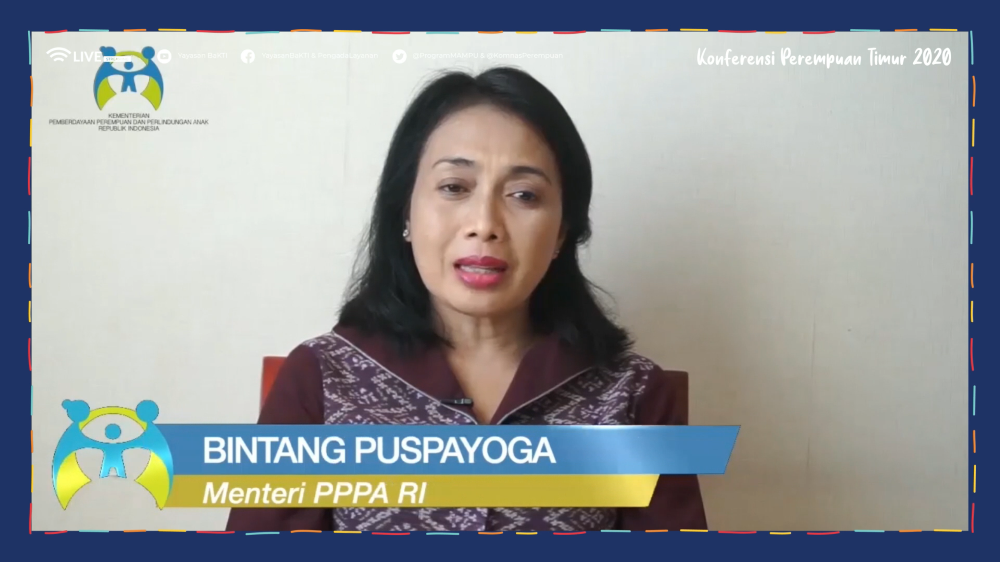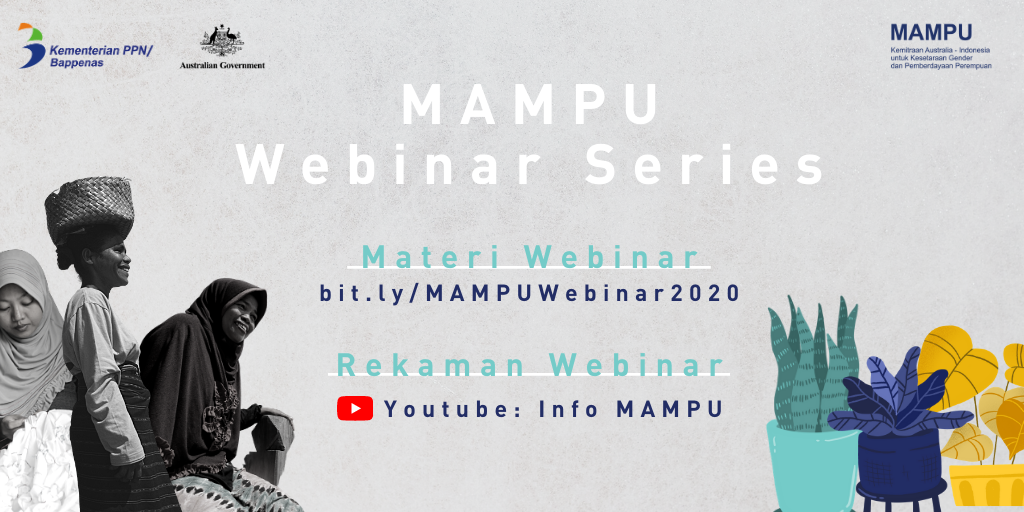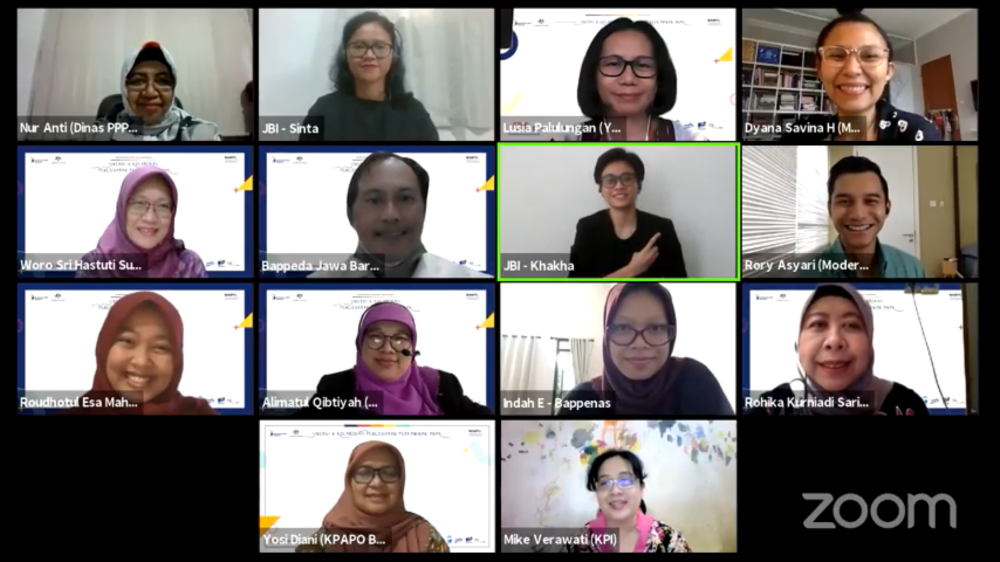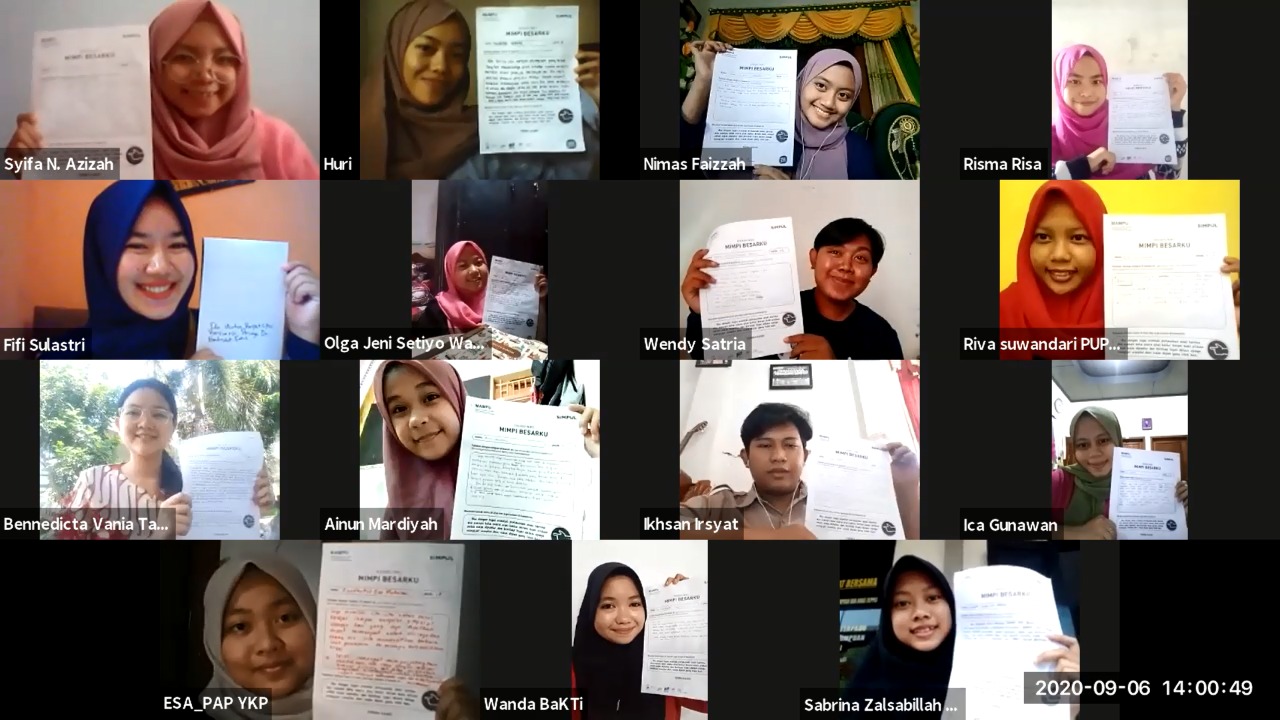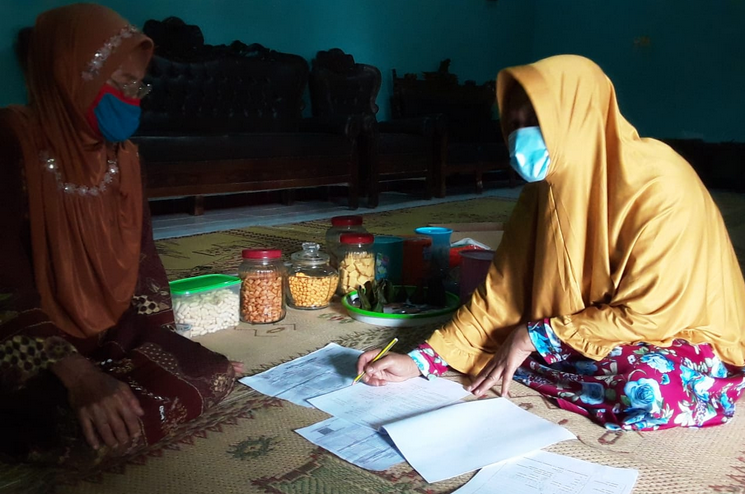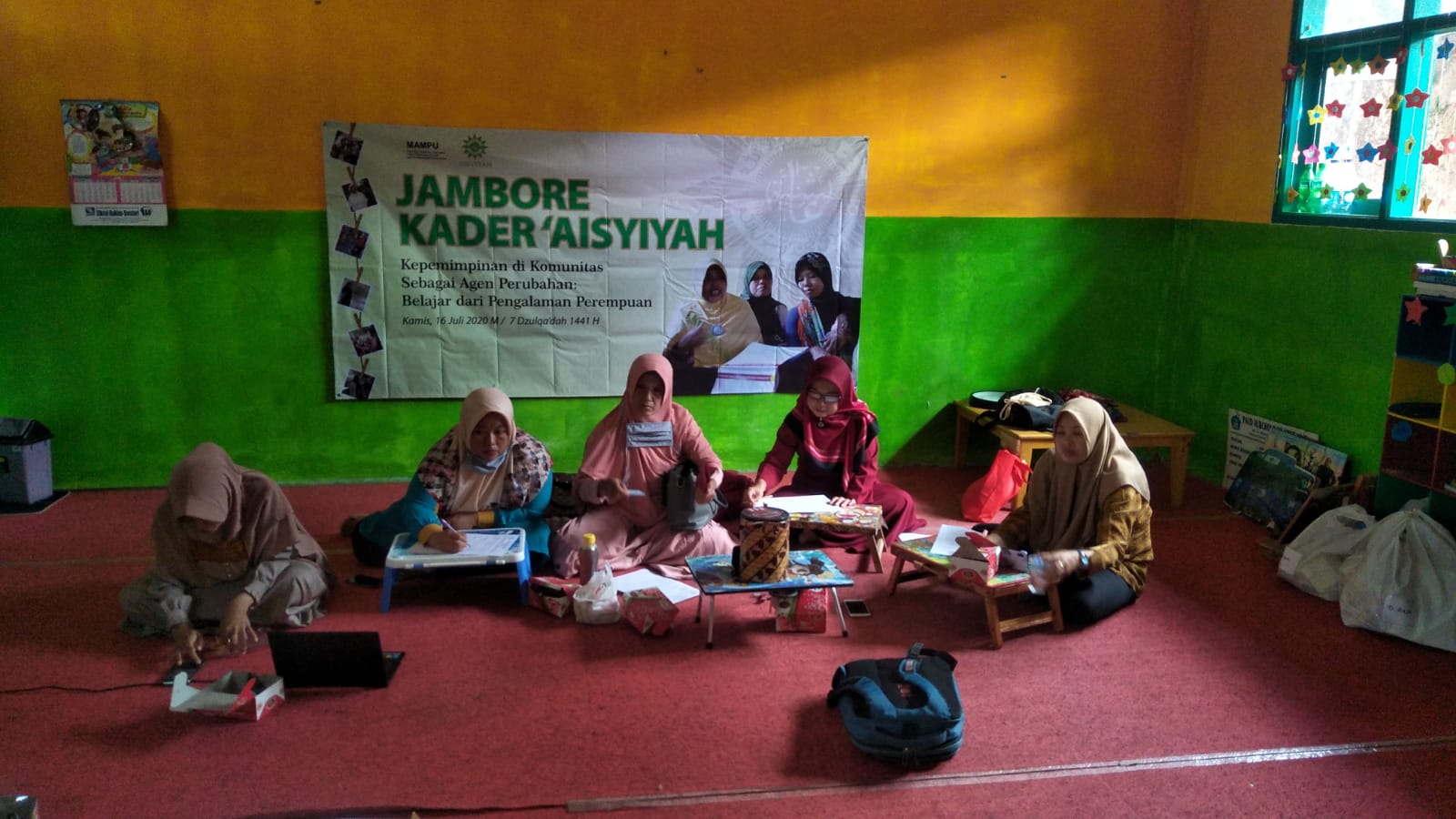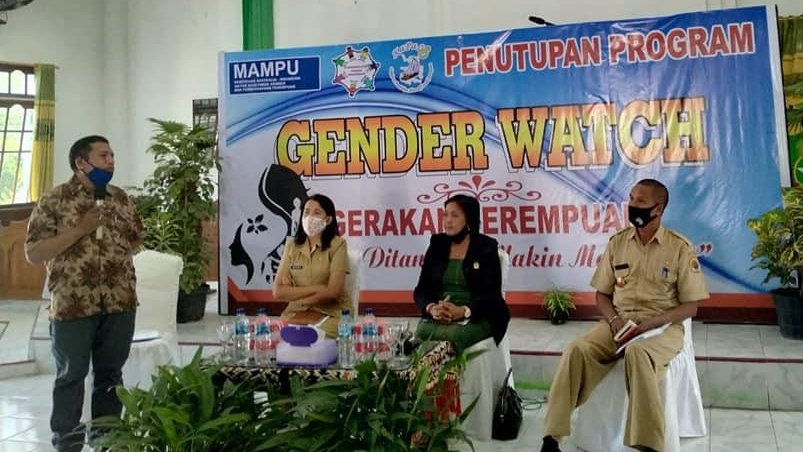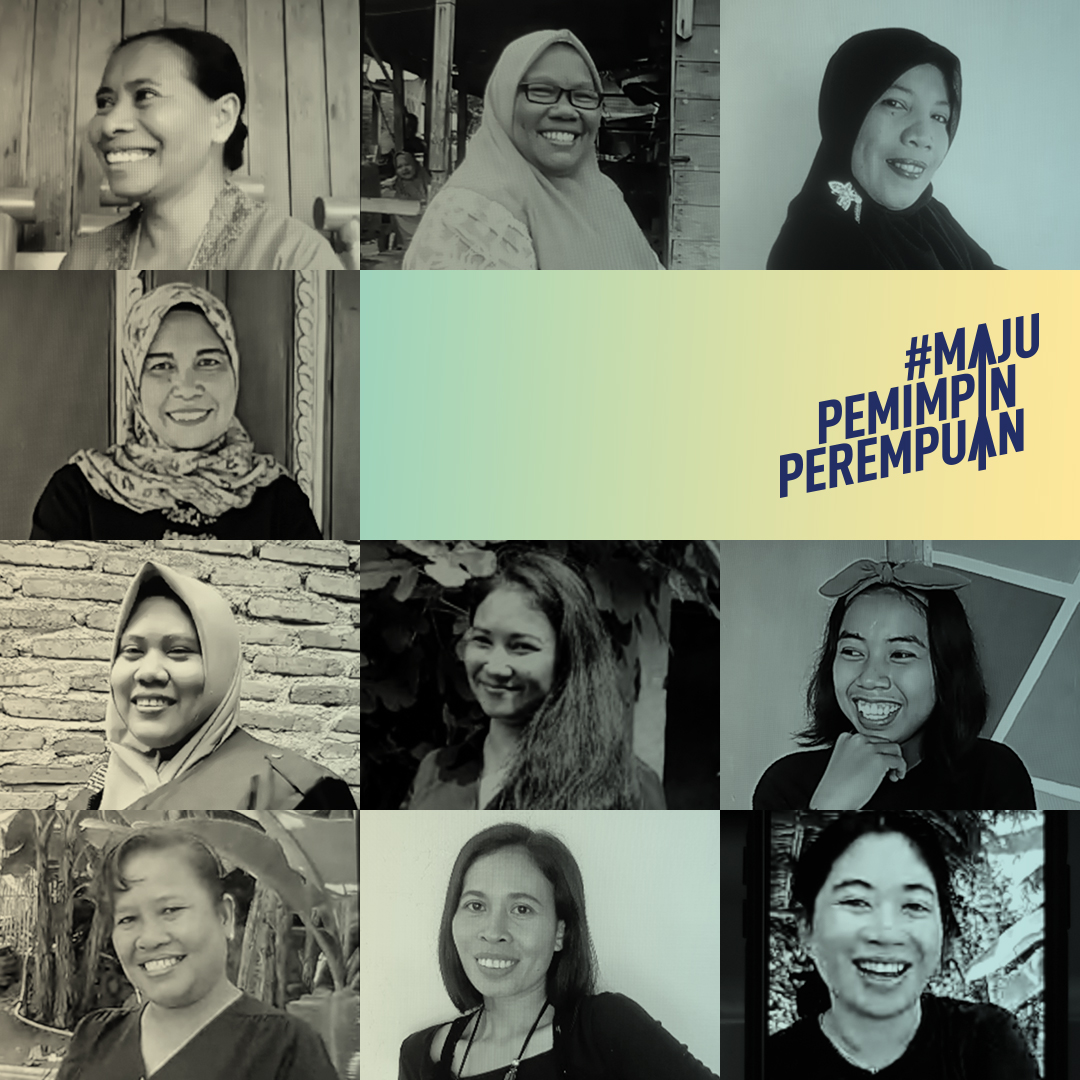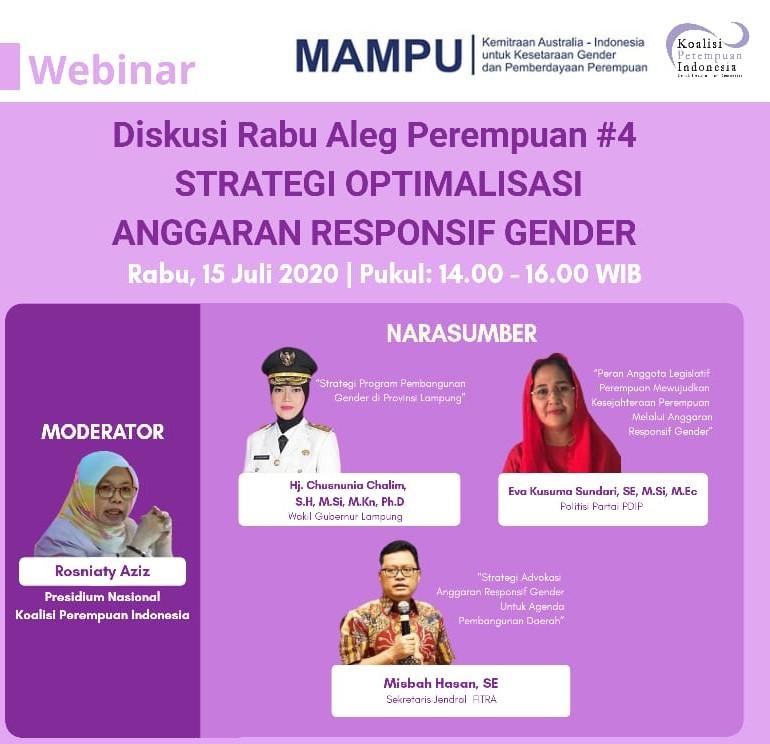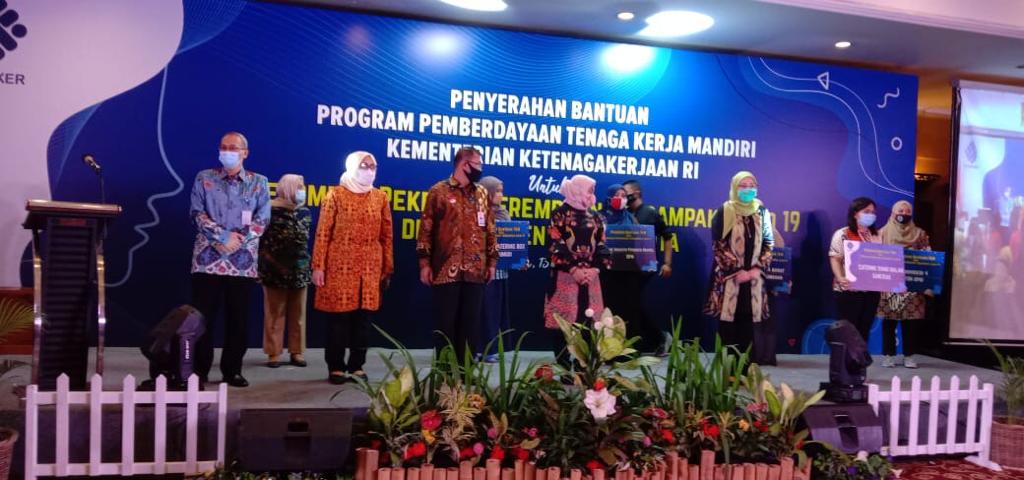Event

The Desbumi Summit: Amplifying the Strong Voices of Women from the Grassroots
18 December 2018Author: admin
On 27-29 November, Migrant Care, supported by the MAMPU Program, hosted the Desbumi Summit in Banyuwangi, East Java. The summit was held to reflect on the five-year journey of the Desbumi (Villages that Care about Migrant Workers) Program. The event brought together hundreds of Desbumi activists, representatives from the Labour Ministry, the National Agency for the Placement and Protection of Indonesian Migrant Workers (BNP2TKI), and academics to share their experiences regarding efforts to increase protections for migrant workers.
Women’s leadership was one of the key themes that emerged during the discussions at the summit. The combined efforts of women working at the grassroots have already resulted in breakthroughs with the creation of a number of regulations regarding the protection and empowerment of migrant workers.
“Returned women migrant workers must work together and demonstrate their capabilities and skills. This will make the village governments believe in us and involve migrant worker groups in empowerment activities,” said Ita, a Desbumi activist from Kedunggebang Village, Banyuwangi, who has participated in designing migrant worker empowerment activities through the Village Innovation Team.
Lusia Barek, a Desbumi representative from Lembata, East Nusa Tenggara, reported that the number of illegal migrations from her village has declined since the Desbumi program began assisting people to arrange the official documents needed to work abroad.
With Migrant CARE’s assistance, village authorities have created policies that regulate protections for migrant workers. One pertinent example is Darek Loteng Village in Central Lombok Regency which has now allocated 25% of its village budget to the empowerment of returned migrant workers. Another breakthrough of the program came in Rogojati Village, Wonosobo which created a Village Regulation that commands strict sanctions for brokers and residents who do not abide by safe migration policies.
Presidential Chief of Staff Moeldoko, who was present at the summit, voiced his appreciation for Migrant CARE as a force that is driving protection for migrant workers. He added that he hopes the government will always work closely with civil society organisations to work to protect migrant workers.
Wahyu Susilo, the Executive Director of Migrant CARE, hopes that positive protection practices that are currently taking place in a number of regions can be replicated by the government in other areas with high concentrations of migrant workers, and thus contribute to increasing the overall protection of Indonesian migrant workers in line with Law No.18/2017.




